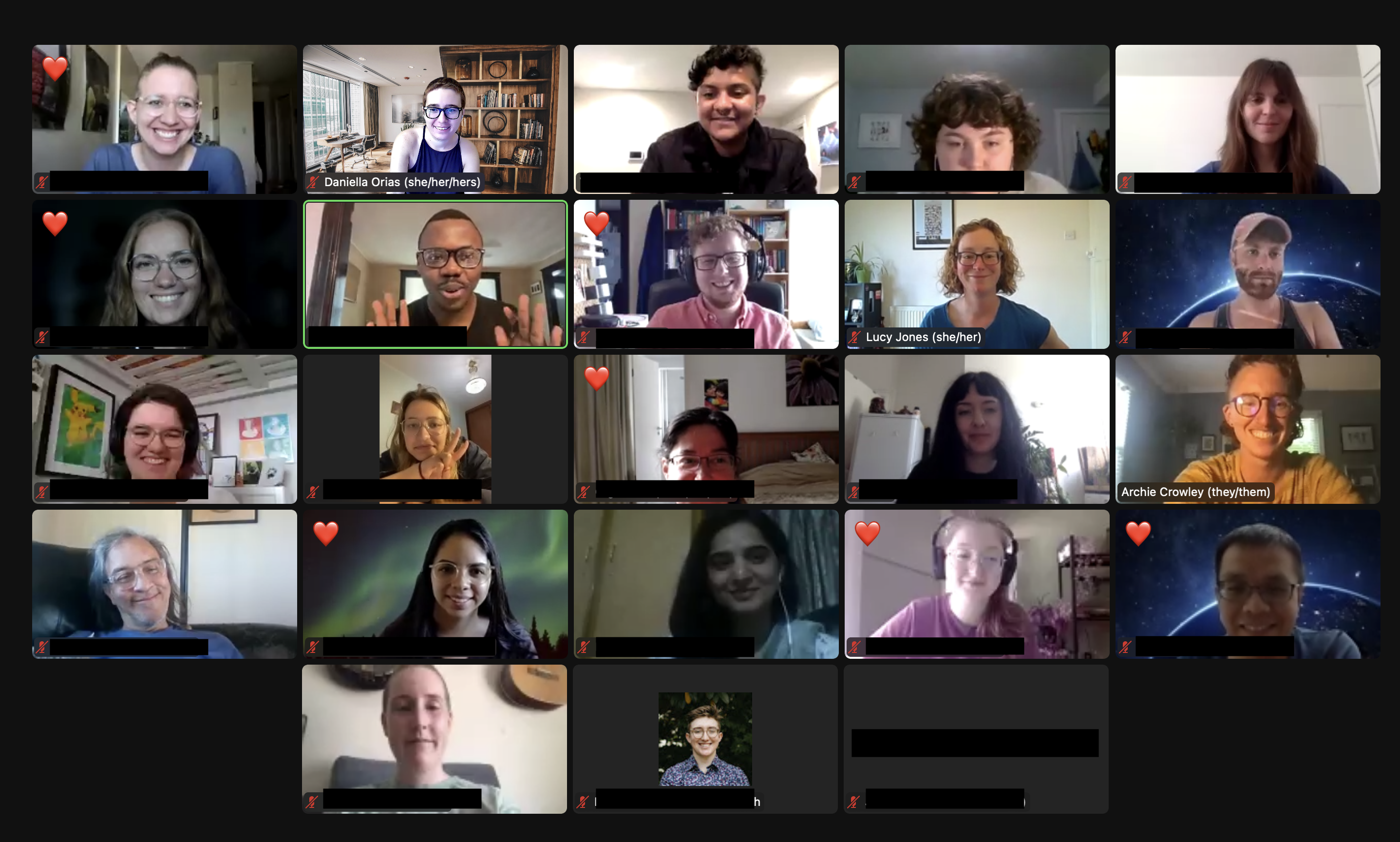
2024 Course Offerings
Queer & Trans Semiotics
Semiotics is the study of signs, how they are used, and how they are interpreted. What is a sign, what are the components of a sign, and how do people use signs in social, cultural, and linguistic practice? This course will introduce key topics and concepts in the study of semiotic theory (e.g., indexicality, iconicity, embodiment, agency) and how they tie into the articulation of gender identity, especially for queer and trans subjects. How do queer and trans people use language and embodied signs to communicate things about their identities, when many of these signs have been associated with gendered meanings in a cisnormative way? In other words, how can gender non-normative individuals signal their identity in a legible way despite cisnormative discourses that threaten to position them as illegible?
Introduction to Linguistics for Lavender Language Studies
Archie Crowley (University of South Carolina) acrowley@sc.edu
What do you need to know about language and linguistics to study gender and sexuality? This course will provide an introduction to linguistics and language studies to prepare students to engage with research within Queer and Trans Linguistics and Lavender Language frameworks. We will address key concepts in phonetics, morphology and syntax, discourse analysis, and semiotics through research on language, gender, and sexuality.
Ethnography in Queer & Trans Linguistics
Lucy Jones (University of Nottingham) Lucy.Jones@nottingham.ac.uk
Ethnography allows the researcher to gain an invaluable ‘insider’ perspective on speaker behaviours, which allows them to better understand the meaning of their participants’ shared practices. This approach is employed often and to great effect in studies of language, gender and sexuality, yet there are many ethical and practical issues to consider when working in queer contexts. This course provides a hands-on introduction to this methodology and the theoretical concepts underpinning it, and considers the implications of doing ethnography with queer subjects.
Language, Literature and (Post)Colonial Sexualities
Ashvin Kini (College of the Holy Cross) ashvinkini@gmail.com
This course examines the role of language and literature in the making of colonial, postcolonial and decolonial racial and sexual politics. We will read literature and theory from South Asia, Africa and the Americas to interrogate queerness as a fraught and contested site through which colonized peoples have both critiqued imperial power relations and imagined alternatives to heteropatriarchal nationalisms.
Quare Linguistics: Making Black Talk Quare
Dr. Nikki Lane nikki.lane@duke.edu
In this seminar, we will engage with a variety of African American language practices using Black queer theoretical interventions as our frame for thinking about their relationships to the politics of race, gender, sexuality, and class. Taking a "Quare Linguistic Approach", we will explore the ways that African American language practices often bend, stretch, and flip Standard English to create new kinds of meaning within a variety of contexts of situated language use. Most importantly, we will consider how Black queer subjects situate themselves within an overlapping set of hostile ideologies, deploying multiple strategies rooted firmly within an already queer AAE. Texts that we examine in the course will be drawn directly from contemporary American Popular Culture.
Does “Queer and Trans Language” have “history” ?
What does language history look like if history is not described as a chronology, a sequenced trajectory, a linear movement toward some triumphant goal? Let’s look at some data sets from “before”, and consider what evidence of history those data provide. Whose history ? history of what? Whose language use is included ? deleted? How would language users describe this “history” ? How do these issues help build safer places for queer and trans people and expose homophobic themes in policy and politics ?
Nationalisms, Gender, and Sexuality
This seminar offers participants the opportunity to explore the representations of gender-sexual normativity that buttress various types of white nationalist discourse, including ethno-statist (e.g, neo-fascism, Anglo-Saxonism, etc.), religious (e.g., Christian statism), and combinations of these both historical and in the present moment. While the focus will primarily be on US-based discourses, participants are invited to consider other relevant nationalist contexts. Particular attention will be paid to practice analysis using Critical Discourse Analysis and Systemic-Functional Linguistics to unpack nationalist texts and their anti-LGBTQ+ messages.
The Ecosystems of Colonial Legacies: Untranslatable Wounds
Maria Amelia Viteri (University of Maryland) mariaamelia.viteri@gmail.com
This course examines some of the eco-systems that support colonial legacies. These legacies inform distorted understandings around gender, sexuality, and ethnicity, and negatively impact people’s lives. Through different bodies of texts, we will closely examine the fabric underlying translation, land, and border crossing as nonlinear processes, as well as the fractures and architectures of heteronormativity.